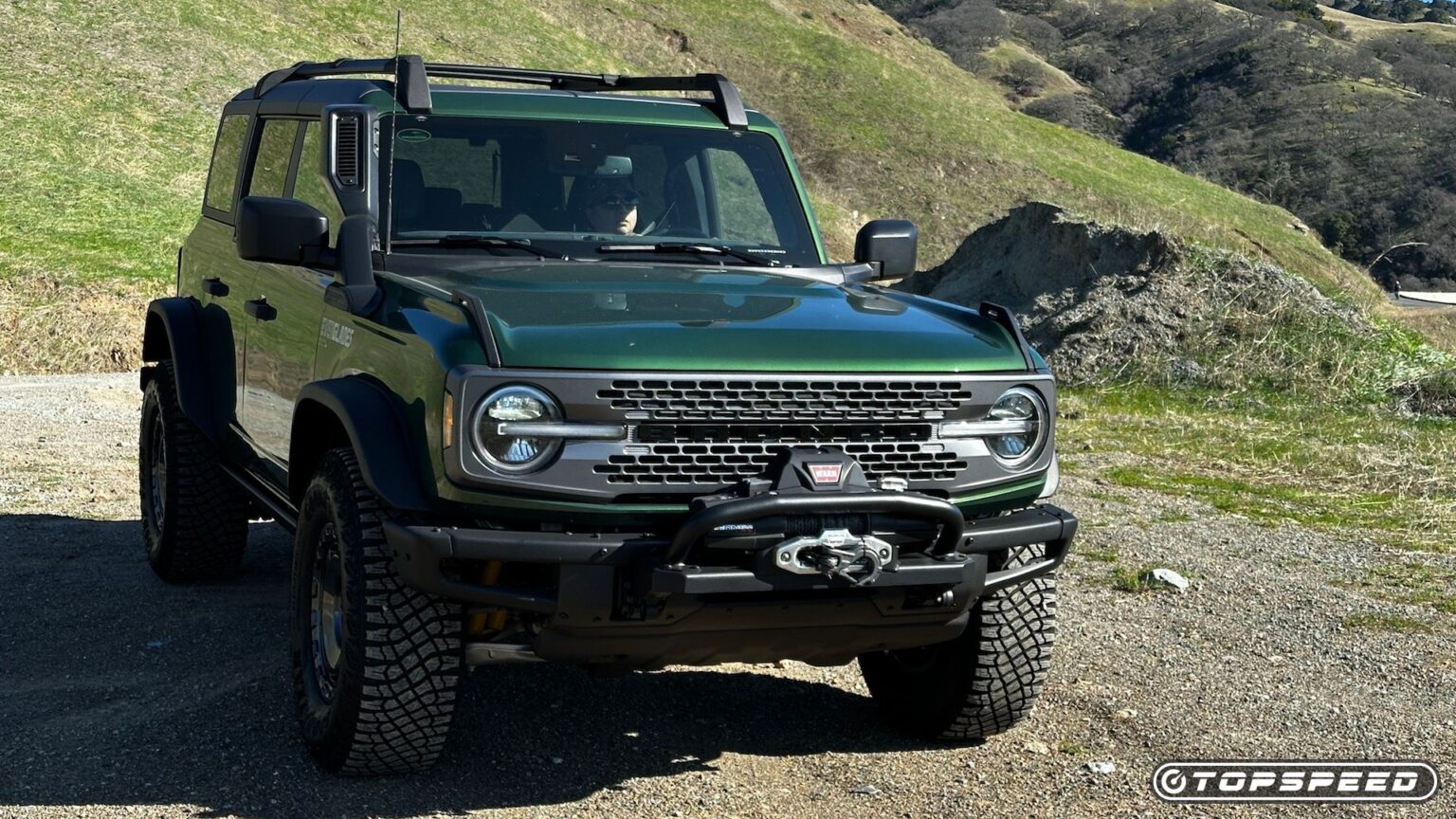Ford appears to have slashed prices on the Bronco Raptor. It’s now nearly $10,000 cheaper. However, the cream of the Bronco crop is also the only 2025 Bronco model that saw a reduction in price. Unfortunately, the rest of the lineup has swung the other way, in some cases by as much as $1,010. It’s good news for potential Raptor buyers, but bad news for the majority of Bronco hopefuls. The simple fact is that Ford sells many more standard Bronco trims than it ever will Raptors, and the big price cut means little in comparison to another price increase for the popular SUV.
Ford Raises Bronco Prices (Again)
Below, you’ll find a table breaking down each Bronco trim and its corresponding price change, including destination. Though Ford recently reintroduced the most basic Bronco, it’s now the victim of the largest price increase, with its MSRP rising to $40,990. Moreover, the price changes also include a $100 increase in how much Ford will charge for delivery of a new Bronco, which is now set at $1,995.
|
2025 Bronco Trim |
New Price (incl. $1,995 destination) |
Price Change |
|
Base |
$40,990 |
$1,010 |
|
Big Bend |
$43,215 |
$950 |
|
Outer Banks |
$49,935 |
$100 |
|
Heritage Edition |
$51,470 |
$100 |
|
Badlands |
$52,380 |
$100 |
|
Stroppe Edition |
$77,630 |
$100 |
|
Raptor |
$81,990 |
-$9,940 |
Ford Shuffles Trims For 2025
Ford also shuffles trims around a little bit for the upcoming model year. For one, the new Bronco Stroppe Edition replaces the off-road-focused Wildtrack. It has largely the same mission, with all-terrain tires, upgraded Fox shocks, a slew of locking differentials, and more. There’s also the retro-inspired livery to take into account. Meanwhile, elsewhere in the lineup, the Black Diamond, Everglades, and Heritage Limited Edition all head off into the sunset.
TopSpeed’s Take
The Bronco has seen some hefty price adjustments in the last few years, and even used models have retained much of their value. The Bronco remains a desirable vehicle, and there’s no doubt that the current market climate played a role. Tariffs are affecting automakers both within the United States and without, and many domestic automakers, like Ford, still import parts. Until the global trade situation stabilizes, consumers can expect price changes to be the norm.
Read the full article here


